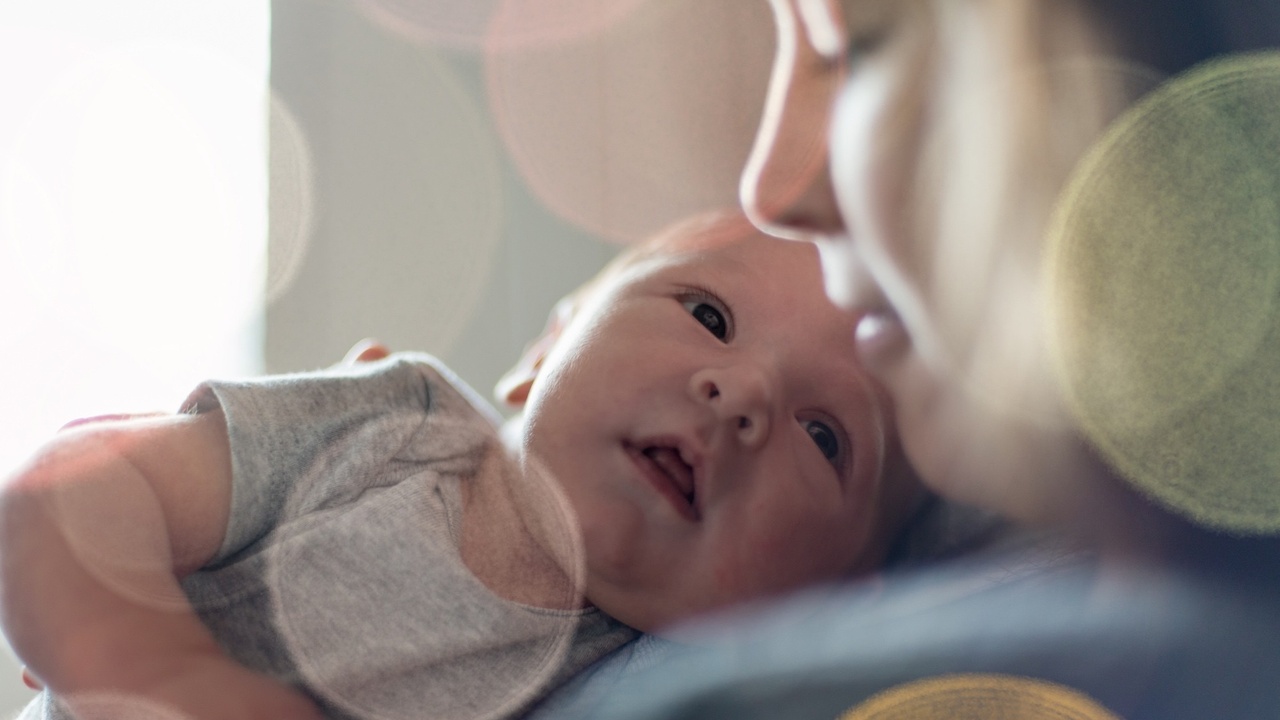What is Matrescence?

Have you heard of Matrescence?
It has many similarities to adolescence.
In the 1970’s, anthropologist Dana Raphael coined the term ‘matrescence’ - “The time of becoming a mother”. It is used to describe the physical and emotional transformation that mothers make when a baby is born. The transition also greatly effects partners and family members.
Some of the similarities between adolescence and matrescence:
- Hormonal shifts
- A change in identity
- Physical changes
- Feeling uncomfortable
The hormone changes, unfamiliarity, and the time it takes to transition physically, mentally and emotionally don’t happen over night. Just like with adolescence, there is no ‘going back’ to the old self. Every single aspect of a new parents life has changed to some degree. It’s normal to have new perspective and new passions and this transformation takes time and support.
There’s an excellent TED talk called “A new way to think about the transition to motherhood” by Alexandra Sacks. It really helps put words to what many are thinking and feeling as they transition in postpartum.
Everyone understands the awkwardness of adolescence but for some reason, matrescence is poorly understood and people expect new parents to breeze through this transition looking ‘happy and in-control’.
During postpartum, many people have worries that come up like ‘is this normal?’, ‘what if I’m not enjoying this? Or ‘do I have postpartum depression?’.
It’s really important not to dismiss these feelings. Saying ‘you’re fine!’ doesn’t address the huge transformation new parents are experiencing. It’s important that we normalise the enormity of the postpartum transition.
It can be really difficult to balance changing family dynamics, juggling motherhood and independence and coming to terms with how things really are versus what you thought they would be.
Reproductive psychiatrist Alexandra Sacks explains matrescence as a ‘push and pull’ concept. New mothers strive to bond with their baby, understand their needs and make their baby the centre of their universe. This is the ‘pull’.
The push is the flip side of that where the mother is trying to re-frame this new life she has within the context of her identity, relationships, career, interests and her own physical and emotional needs.
“When women find themselves feeling lost somewhere between who they were before motherhood and who they think they should be now, many worry that something is terribly wrong, when in fact this discomfort is absolutely common.” (Alexandra Sacks)
Author Amy Taylor-Kabbaz talks about this as an Inner Split, “the phenomenon of being both completely smitten with your baby, ready to give everything to protect them, and at the same time, still be you”. It can be really uncomfortable to feel two opposing things at the same time. We need to acknowledge this and be supportive of the process.
Becoming a parent is a huge transformation. We need to talk more about the emotional shifts and to allow space for parents to make this transition. The right support makes ALL the difference!
If you or someone you know would like more support for the postpartum transition, please reach out!
Do you want to feel more confident about birth?
Download the free natural birth checklist!
It has practical tips and natural suggestions for the three stages of labor, a packing list for birth, pictures of useful labour positions and helpful hints for partners.


